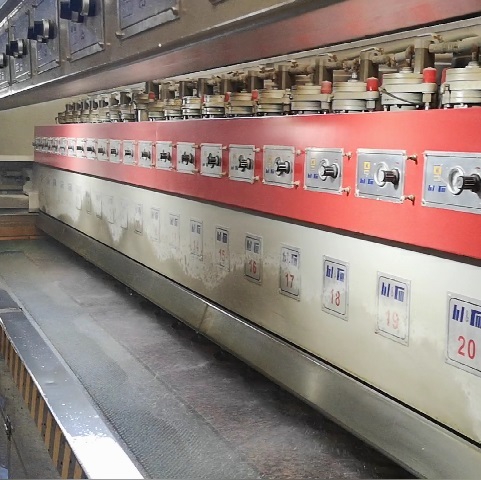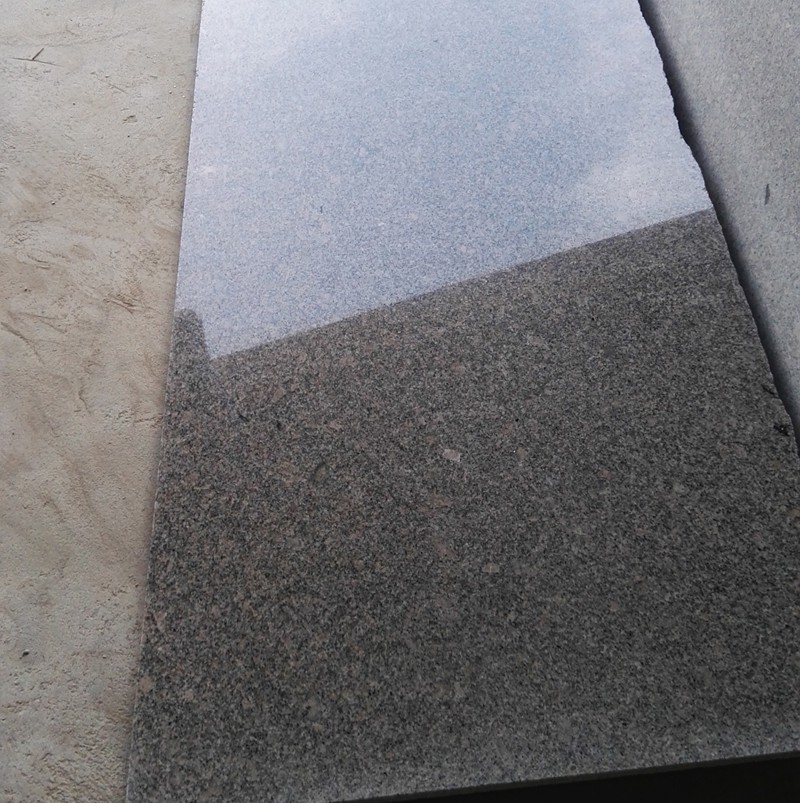The principle of stone maintenance is that not all stones need protection
Time:
Oct 12,2024
With the development of stone maintenance engineering practice, maintenance techniques have greatly enriched. Maintenance theories are also constantly emerging. Various theories are based on the analysis and answers to various problems and phenomena in maintenance practice, which have their rationality and applicability, as well as their one sidedness and constraints. In recent stone maintenance practices, some new problems have emerged, forming some new perspectives. The summary is as follows.
1、 Not all natural stones require protection
If it is only waterproof and alkali resistant, some high hardness and high-density stones can be left unprotected during the construction of the ten hanging structure. This situation also applies to some coarse-grained granite. For example, coarse-grained igneous rocks obtained through slow cooling in igneous rocks contain a large amount of quartz, and the surface water and other pollutants on this low and very dense quartz cannot penetrate. This theory has been confirmed and recognized by Maurizio, a maintenance expert from the American International Stone Association. Which materials need to be protected and which stones do not need to be tested? The method is to drip water under the polished surface of marble or vinegar on the polished surface of granite. If there are no water spots or residual vinegar spots after 5 minutes, then this type of marble or granite can be left unprotected. The "Hua'an Jade" marble produced in Fujian is basically in this situation.
2、 Stone protection should be tailored to the needs of the garden materials and constructed according to the materials
In engineering practice, it may be found that protective agents have poor protective effects on some types of stone. Excluding improper construction and production failure, the most likely cause is the failure to use the correct stone chemicals for protection. For example, due to their different mineral and chemical compositions, granite and marble have different formulations of protective agents. Even within the same category of stone, the concentration of silicone resin may increase or decrease due to differences in density and chemical composition. For example, the concentration of organic silicon resin in sandstone protective agents will be higher, while the concentration of organic silicon resin in granite or marble protective agents with higher hardness and density will be lower. Therefore, during the maintenance and construction of stone materials, it is necessary to tailor and construct according to the material. Select different chemicals and construction techniques for different stone materials. This further illustrates the necessity of establishing a stone maintenance database. It's like compiling a dictionary or encyclopedia on stone maintenance. By consulting and selecting the correct chemicals and construction methods before maintenance construction, and following the prescribed methods, not only can the effect be significant, but it can also save annual production costs.
3、 Do not blindly believe in imported stone maintenance products, and do not have bias against domestic maintenance products
Currently, maintenance products from foreign brands are generally considered a symbol of high quality. But its high price affects the promotion of foreign brands. Domestic brand maintenance products are generally not favored, but they still have a certain market share due to their cheap prices.
In fact, these biases stem from a lack of knowledge about stone maintenance. All protective agents, whether imported or domestically produced, are composed of active ingredients, diluents, and additives. There is no difference between those who enter the door and domestically produced ones in this regard. In recent years, the research and application of stone protection agents in China have developed rapidly, approaching advanced levels in the fields of organic silicon monomer manufacturing and resin synthesis abroad. It is comparable to foreign countries in terms of compounding technology. In the field of construction applications, it is even ahead of foreign countries.
RELATED NEWS








